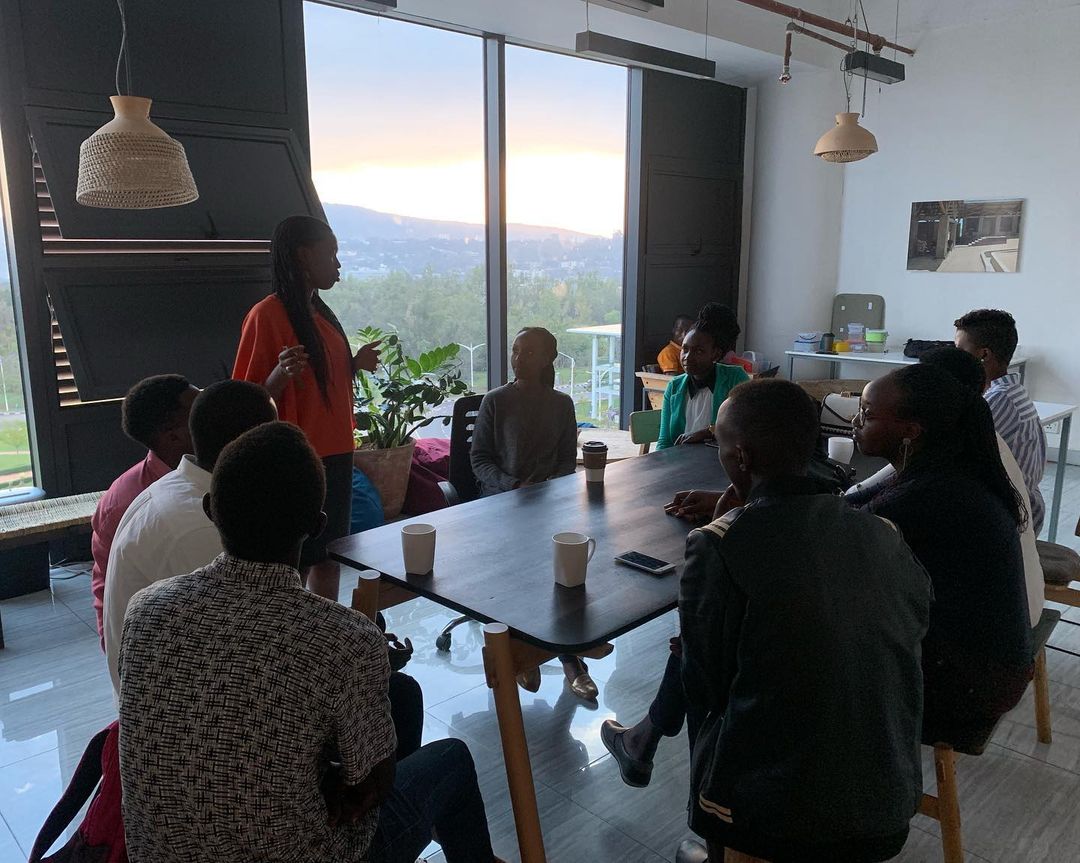Investing in the skills for future jobs in Rwanda and beyond
Category : Career and Skills Development | Sub Category : Posted on 2021-09-06 10:48:19

The increase in Global youth unemployment and work poverty has rallied the international community and drawn attention to the need for high-quality, relevant youth skills development as highlighted in the sustainable development goals Youth Employment. Globally over 71 million youth are unemployed, and 156 million young workers are living in poverty.
For the youth to successfully contribute to the growth of emerging economies, their skills need to be adaptable to both the changing nature of work and the various opportunities that are available to them. For the Global community to achieve their goals is contingent on the ability of the youth to effectively and successfully transition into the workforce and retain employment overtime. Their ability to acquire soft skills is key to being able to successfully navigate the different pathways of work.
Soft skills are critical to young people's success in the workplace, however, skills are wrongly understood, and sometimes overlooked in education sectors, development programs and in workplaces. By highlighting the importance of soft skills and seeking to more deeply understand them, we can help ensure that all young people acquire these skills for employment.
Skills development defines a mix of skills that can include attitudes, behaviors, personal qualities and mindsets that individuals use to be successful across different work environments. For these skills to be useful to both youth and employers, they need to be tailored to and practiced with actual workplace conditions and market demands. This calls for collaboration between skills development programs and employers to design training and placement opportunities that target acquisition of both transferable and industry specific skills.
A report by Rwanda Development Board on national skills development and employment promotion strategy presented in 2019 indicates that skills development is central to Rwanda´s transformative vision, aiming to become an upper-middle income country by 2035, and ultimately a high-income country by 2050. Vision 2020 laid the groundwork for Rwanda’s progress towards a middle-income export-oriented economy, through prioritising knowledge-based industries. Whilst steps have been made, to achieve this long-term goal Rwanda must build a skilled and dynamic workforce, meeting the demand for an additional 5 million quality jobs by 2050.
The report also urges that skills development, through education (TVET & University) and work experience, does not currently respond to labour market needs. TVET and University outcomes are hampered by the quality of the students that they can intake from secondary education. TVETs & Universities are not effectively providing students with the skills they need for work – as shown by just 20% of recent TVET graduates being fully employed after graduation. Also, few high level skills are being developed through direct work experience. No high-skill sub-sector accounts for more than 5% of total employment, showing that the pool of quality skills is small. Relatively high-paying occupations, such as managers and technicians represent less than 10% of the total employed labour force.
It is due to this gap that Talent Match was established as a platform that gives opportunities to students to explore their career interest earlier on, and to develop the skills that fit the demand of the labor market. Talent Match partners with different Universities and companies to provide students and recent graduates both soft and industry-specific skills focusing on giving them hand-on experience to best prepare them for the job market.
As Rwanda and the rest of the world moves fast and rapidly changes, we ensure that the youths are skilled and are well equipped to deal with these rapid changes. As our CEO, Allen Kendunga put it in an interview with CNBC, “the ability for young people to adapt and pivot†will ultimately determine one’s ability to get a job in the future. There is no doubt however, that with the right tools, institutions and policies both on a national and global level, that we will face the future of work with the readiness needed.
Invest in the skills for the future of your company and the future of the world’s workforce.
Search
Recent News
- Investing in young entrepreneurs and providing mentorship programs throughout their career journeys
- HOW TO FIGURE OUT WHAT YOU WANT TO DO IN YOUR CAREER
- Why Job Shadowing is key to the career growth of a student?
- Tips for Job Interview Preparation
- Finding the right career path
- Reimagining youth skills amid covid-19 pandemic
- Tips to writing better and effective emails
- The impact of Covid-19 pandemic on youth employment in Rwanda